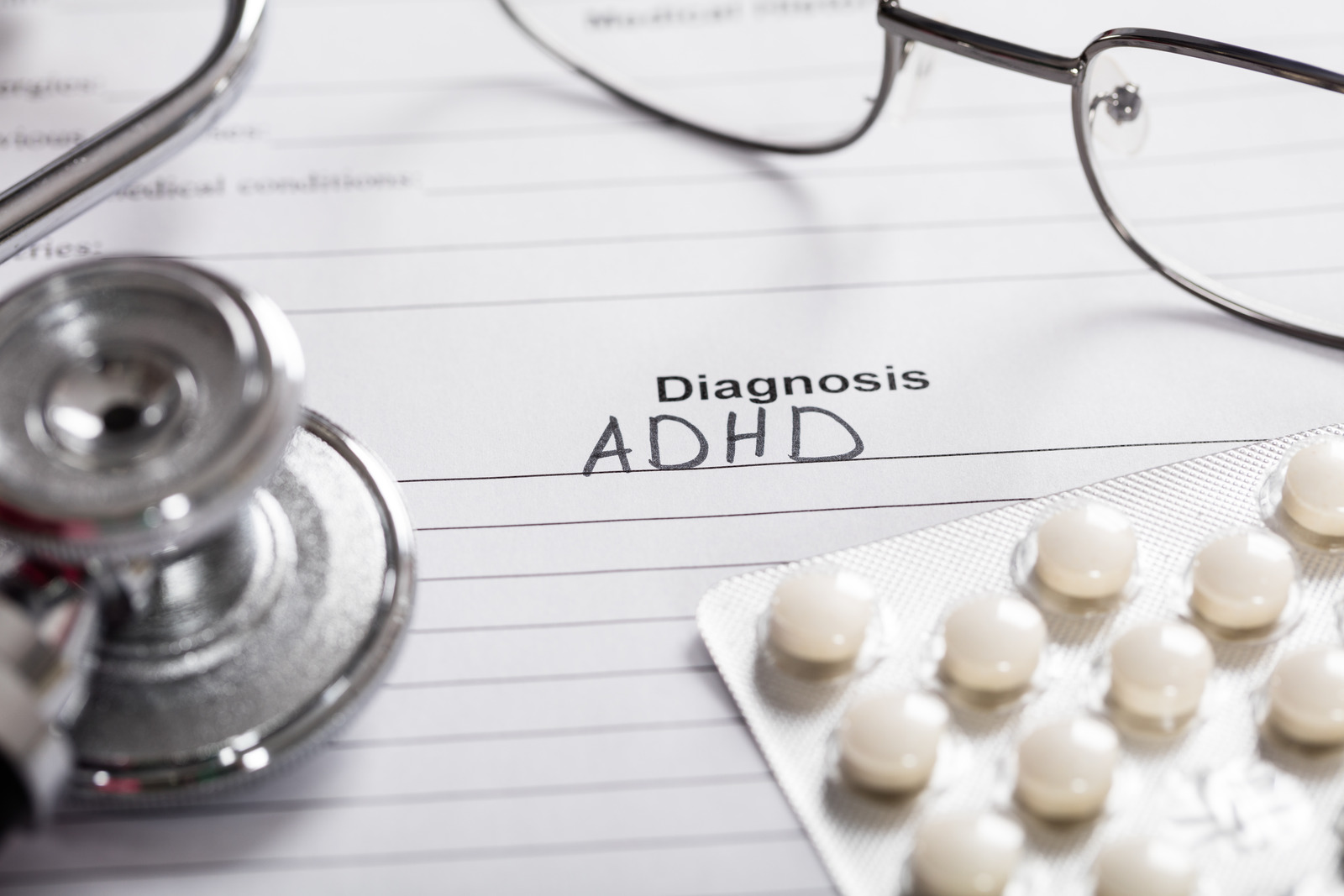
Key Points
- Vyvanse® is a prescription medication for conditions like ADHD and binge eating disorders.
- Vyvanse® can remain detectable in hair for up to 90 days, but its detectability in other systems such as blood or urine is shorter and can vary.
- Several factors influence how long Vyvanse® stays in your body, including frequency of use, body makeup, metabolism, genetic factors, and the presence of other medications.
- Some common side effects of Vyvanse® include dry mouth, loss of appetite, weight loss, sleep problems, and nausea.
If you or someone you know is grappling with ADHD, Vyvanse® might be a familiar name. This well-known medication containing lisdexamfetamine is designed to enhance concentration and minimize overactivity.
But, the impact of Vyvanse® is not uniform for everyone. It varies based on individual metabolism and dosage patterns. For optimal treatment results and safety, gaining insight into the drug’s duration in your system and its possible adverse effects is important.
What is Vyvanse®?
Vyvanse® is a preferred prescription medication for treating conditions like ADHD and binge eating disorders.[1] Its main component is lisdexamfetamine dimesylate (LDX)[2]. While it is effective in improving focus and decreasing impulsive behavior, its role in mood improvement and energy boost is primarily related to its therapeutic effects in ADHD. It should not be generalized as a mood enhancer or energy booster for other conditions.
Vyvanse® is available as a capsule or a chewable tablet and is primarily prescribed for ADHD to enhance focus and attention. It is also approved for the treatment of moderate to severe binge eating disorder in adults.
Although alternative stimulants, like methylphenidate, exist in the market, LDX holds a distinctive advantage. Its formulation as a prodrug, which requires conversion in the body to become active, may reduce the potential for abuse compared to some other stimulant medications. Consequently, Vyvanse® remains a trusted solution for enduring symptom management.
How Long Does Vyvanse® Last in the Body?
Vyvanse® can remain detectable in your system for up to three days.[3] In most cases, it can still be detected in urine for 72 hours after the last dose. Blood tests have a shorter detection window, typically detecting Vyvanse®, up to 24 hours after the last dosage. Hair tests, on the other hand, can detect Vyvanse® for up to 3-6 months.[4]
Factors Affecting the Duration of Vyvanse® in the Body
 Vyvanse® is a long-lasting drug that raises the concentration of specific brain chemicals associated with behavior and attention regulation. Given its status as a controlled substance, it’s vital to understand the duration of Vyvanse® in your system post-consumption.
Vyvanse® is a long-lasting drug that raises the concentration of specific brain chemicals associated with behavior and attention regulation. Given its status as a controlled substance, it’s vital to understand the duration of Vyvanse® in your system post-consumption.
Here are several factors influencing the longevity of Vyvanse® in your body:
- Dosage and Regularity: The longevity of Vyvanse® in your system escalates with increased dosage or frequency. This correlation exists because your liver metabolizes Vyvanse®, and larger quantities necessitate more effort from your liver for removal. While a daily dose suffices for many, others may need more regular consumption.
- Body Makeup: Your body composition significantly influences how long Vyvanse® persists in your system. Higher fat percentages typically lead to slower expulsion of drugs like Vyvanse® compared to lower fat percentages.[5]
- Genetic Factors: Genetics can determine the duration of Vyvanse® in your system. Genetic variations can influence drug metabolism, leading to faster or slower elimination of Vyvanse®.[6] For instance, individuals with certain CYP2D6 enzyme variants may exhibit slower Vyvanse® elimination. This enzyme plays a crucial role in drug breakdown in the liver, and its different versions can affect the rate of Vyvanse® metabolism.
- Kidney and Liver Health: Your kidneys and liver’s health can influence the duration of Vyvanse® in your system.[7] If you have kidney or liver problems, your body may require more time to process and eliminate Vyvanse®. As the organs responsible for extracting medications from your bloodstream and expelling them from your system, any dysfunction in your kidneys or liver can prolong the elimination of Vyvanse®.
How is Vyvanse® Detected in Your System?
Several testing methods can ascertain the presence of Vyvanse® in your body, including urine, blood, and hair follicle tests.
- Urine Analysis: Urine analysis is the most common method for detecting Vyvanse® and its byproducts. This test can typically identify the drug up to 60 hours (2.5 days) post-consumption.[8] However, the detection window varies among individuals due to factors like Vyvanse® intake, usage frequency, and personal metabolism rates. If your metabolism rate is sluggish, the elimination of Vyvanse® from your system might require more time. To minimize the likelihood of a false positive, it’s advisable to stay hydrated and avoid substances like caffeine or alcohol.
- Blood Examination: Blood tests are sporadically employed to validate suspicions of Vyvanse® overdose or misuse, but they’re not the standard choice for detection. Vyvanse® can be identified accurately in the bloodstream within 2-12 hours post-consumption.[9] Owing to their unreliability in estimating Vyvanse®’s detection window, blood tests are not typically used for rudimentary testing.
- Hair Follicle Assessment: Hair follicle assessments are infrequently utilized to detect Vyvanse® in your system. Nonetheless, these types of tests are generally accurate within 90 days post-consumption.[10] Due to their slow processing time, hair tests are not typically used for immediate drug screenings. However, they offer reliable long-term detection and provide a broader picture of drug use.




